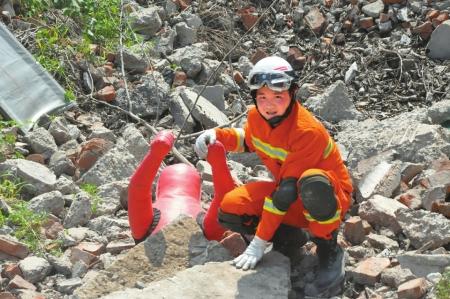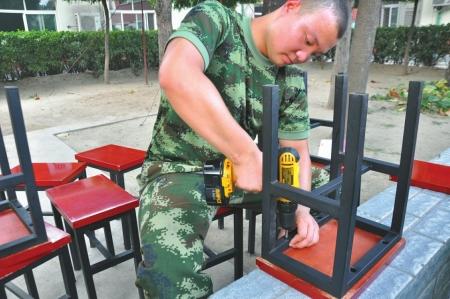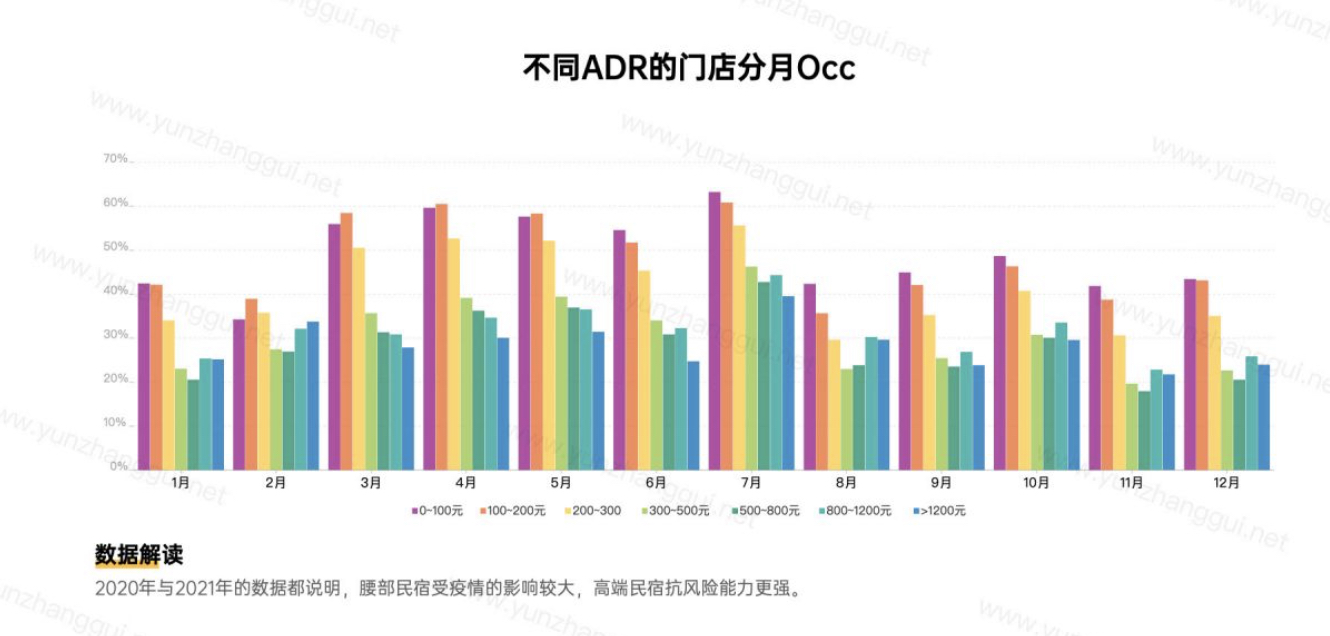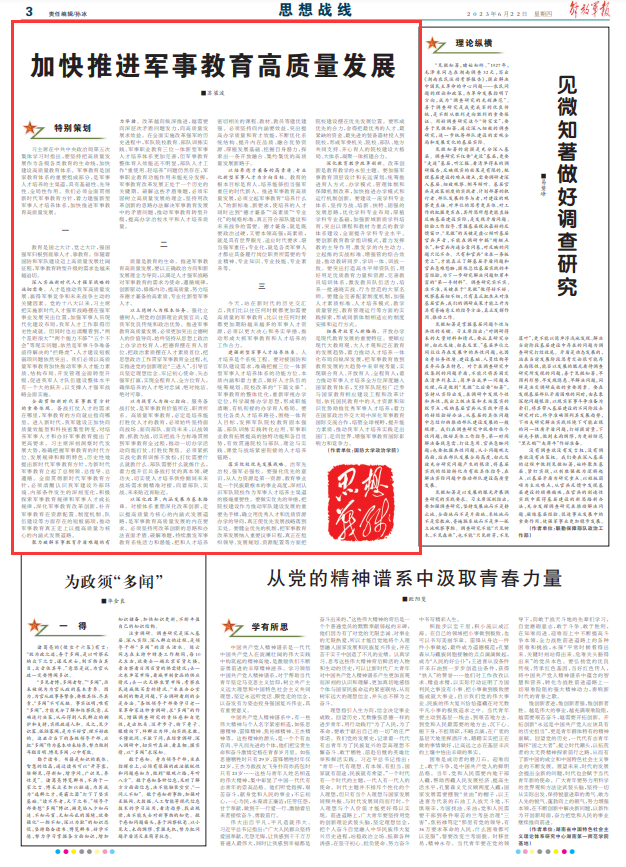Who will be the next Dying to Survive this summer?

Special feature of 1905 film network After entering June, the summer file that everyone is most looking forward to will also come.
According to the data provided by the State Film Administration, the 2018 summer file (June 1 — August 31), the national total box office was 17.399 billion yuan.
Looking back last summer, there were not only explosions and movies, but also two films of the order of 1 billion.
In addition, Jiang Wen’s self-directed performance and Tsui Hark’s "Four Kings of Di Renjie 3" are both the demeanor of the great director’s return, which also ignited many audiences’ enthusiasm for watching movies.
At the same time, there is a small sum without losing word of mouth.
The box office performance of Japanese films is also remarkable. After the release of Cannes International Film Festival, the excellent quality of the film itself and the appropriate localization publicity made it quickly break the box office record of Japanese live-action movies in China.

The Thief Family has a total box office of 96.74 million, setting a box office record for Japanese live-action movies in China.
In a word, the market of summer file was diversified last year, and an excellent answer sheet was handed over.
Back to this year’s summer file, with the large and small films set, the pattern has basically settled. Judging from the 28 films tentatively scheduled in July and August this year, they are much worse than last year.
However, at this time last year, who would have predicted that Dying to Survive would finally have such a bursting effect?
So, who will be the dark horse this summer? Xiao Dianjun will give you a plate.
Film themes are more types.
Comedies become treasures.
Although June-August is usually defined as summer file, from the past market performance, the box office outbreak period of summer file is mainly concentrated in July and August.
Students have always been one of the main consumer groups of movies. So that the summer vacation, which lasted for two months, became the "toon" in the eyes of many filmmakers.
However, judging from this year’s film list, the number of comedy films has dropped significantly.
Last year, there were "The Richest Man in Xihong City", The Island, "Get My Brother Away" and many other comedic works. However, there are only, and three comedy movies this year.
There is no denying that most of the explosive movies in last summer were still comedy movies.
However, "comedy is easy to explode" is by no means a golden rule. With this type of sudden emergence, Mahua FunAge has a remarkable decline: the box office has just passed 600 million, and Allen, one of its main actors, has only earned 62.888 million box office, which is far from the box office of "The Richest Man in Xihong City" exceeding 2 billion.
Even Deng Chao, who is good at comedy, has cooperated with Yu Baimei for three times this time, abandoning the comedy themes of the first two box office blockbusters and taking the affectionate realism route.

Although the number of comedic movies has decreased, it can not be ignored that this year’s overall film types are more diverse. The theme of action crime, which also has the attribute of popcorn, is still dazzling, especially the two sequels of Hong Kong films, both of which are big IP familiar to the audience, and also add a lot to the market.
In terms of sci-fi themes, the first year of sci-fi movies in China was opened, and it is also expected whether the post-production took two years to successfully take over the baton and set off a wave in the market again.

byLu Han; Aires、Shu Qi; Hsu Kei、Hsu ChiThe sci-fi movie "Shanghai Fortress" starring is highly anticipated.
This year’s Spring Festival file fully verified that in the current mainland film market, audiences can accept more types of movies. For a certain type of film, the "genre curse" is no longer there, but there are more possibilities for counterattack.
The author and director are absent.
Commercial directors contend
Judging from the list of films available this year, the situation is slightly different from last year. A remarkable change is that the author and director are absent collectively.
Even Guan Hu, a director with strong authorship, has started to produce more expensive and commercial films after directing.

However, the summer file has become the "arena" for these commercial directors.
Judging from the scheduled film list, The Eight Hundred started in July, followed by Qiu Litao’s Anti-Drug 2, Deng Chao’s, Yu-sheng Tian’s Great Wish and Huatao Teng’s Shanghai Fortress.
All the five directors’ previous works have maintained a very high box office record, which also makes everyone look forward to the new works in the summer file.
Not only that, many new directors also appeared on the "battlefield" of this summer’s file. Judging from the market performance of last year’s summer file, the new director is definitely a "dark horse" that cannot be ignored at present.
From Mu Ye’s Dying to Survive to Bo Huang’s The Island, the strength of these new directors can’t be underestimated.

Newcomer directors Muye Wen and Bo Huang have good strength.
From the perspective of genre and plot outline, The Hero of Rat Gallbladder, directed by a newcomer, are both "new forces" worthy of waiting and seeing.
Especially "Desperate" directed by Jacky Gan, although it is only confirmed that the summer release has not been finalized, but it has been shortlisted for the Shanghai International Film Competition Unit, Cao Baoping producer and other prefixes, which definitely makes the public full of expectations for the quality of the film.

Most of the people in charge of several cinemas interviewed by Xiao Dianjun said: This year, there is a lack of blockbusters such as "Evil Does Not Suppress Righteousness", and there is no blessing from the brand "Mahua FunAge". However, the overall director lineup is still worth looking forward to.
Many people mentioned in interviews that The Eight Hundred is one of the most anticipated movies. Besides, it has a good reputation and box office results with the previous works of The Apostles 2, and Hong Kong films have a very stable market in the Mainland, so I believe the overall situation will not be too bad.

Of course, many people are looking forward to the transformation of several directors. With Huatao Teng, who is well known to the audience, he brought the sci-fi movie "Shanghai Fortress", and the actor Cass was also a partner of Shu Qi and Lu Han.
Deng Chao’s new work Looking Up has also received a lot of attention. Although the first two works directed by him have a bad reputation, they both earned more than 600 million box office.

Breakup guru.、Villain’s angelDouban scores were 5.0 and 4.1 respectively.
This time, he transformed his realistic theme. In the eyes of many people, Looking Up will be a challenge and an opportunity for Deng Chao’s directing skills.
After all, Deng Chao used to be recognized by the public for his acting skills in realistic movies. Whether it can hit a higher box office this time depends on the content of the new film itself.
Macey, who has been engaged in publicity for many years in the film circle, admits that this summer’s file looks dull than last year, but I believe there will still be dark horses. This year’s summer file is very likely to turn over. From the Qingming file and the May Day file, it can be seen that the audience’s purchasing power is still very strong, so as long as the content is brilliant, it is possible to circle the movie into an explosion.
Slot selection
Is it superstition or coincidence?
The Eight Hundred and Looking Up took the lead in occupying the two slots, July 5th and July 26th, before the summer slot list was formed.
It is worth pondering that the topic movie Dying to Survive was born in the first week of July last year, and two explosions, The Richest Man in Xihong City, were born in the fourth week of July for two consecutive years.

Summer explosions "Wolf Warriors 2" and "The Richest Man in Xihong City" were released in the fourth week of July.
At the distribution level, there has always been a saying of "schedule superstition". If a series of films explode in a certain schedule, the distribution will have a special preference for this schedule. Especially the schedule selected by Looking Up, explosive films have been born one after another.
A cinema manager told Xiao Dianjun that in fact, the so-called "schedule superstition" is mainly aimed at schedules such as National Day and Spring Festival. Specific to a week in a big period like summer vacation, there will be more "superstition" elements. For the audience, there is not much influence. Especially in summer, it is mainly aimed at students on holiday. If the audience is not from the film circle, in fact, there is no idea about the film of one or two years ago, specifically when it will be released.
At the same time, except for the one just scheduled for August 23rd today, other films are mainly concentrated in July and the first half of August.

Judging from the arrangement of previous summer files, there are bound to be several overseas blockbusters, which will choose to land in the mainland market in the middle and late August. These films often give a final boost to the summer market and further promote everyone’s enthusiasm for watching movies.
Nowadays, the film market in China is growing at a high speed. As a key schedule, summer vacation is also an important schedule for the market to verify the quality of new films this year. In 62 days, nearly 30 films are waiting for the audience to check.
In short, whether it is "word-of-mouth guidance" or "schedule superstition", the film that can really become an explosion in the end still needs to rely on its own good content.

















